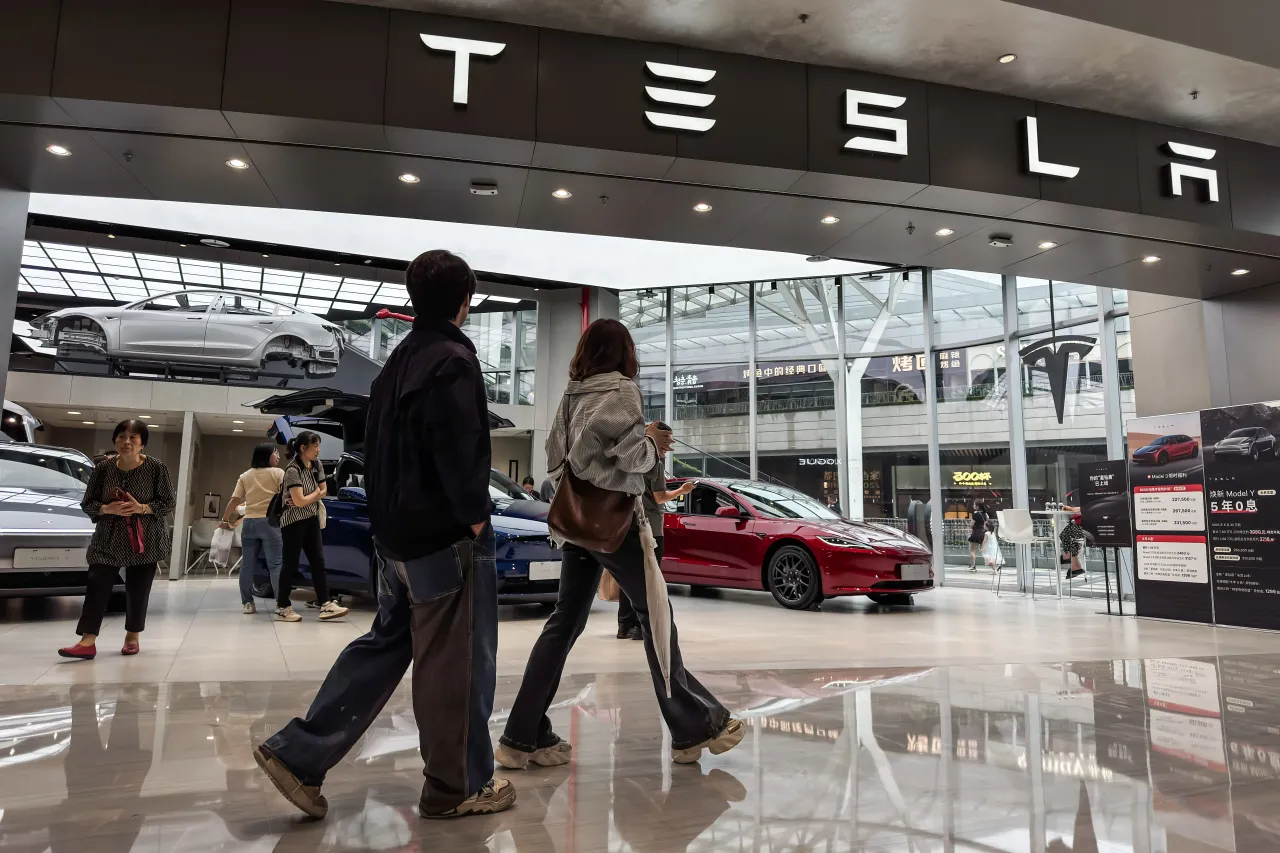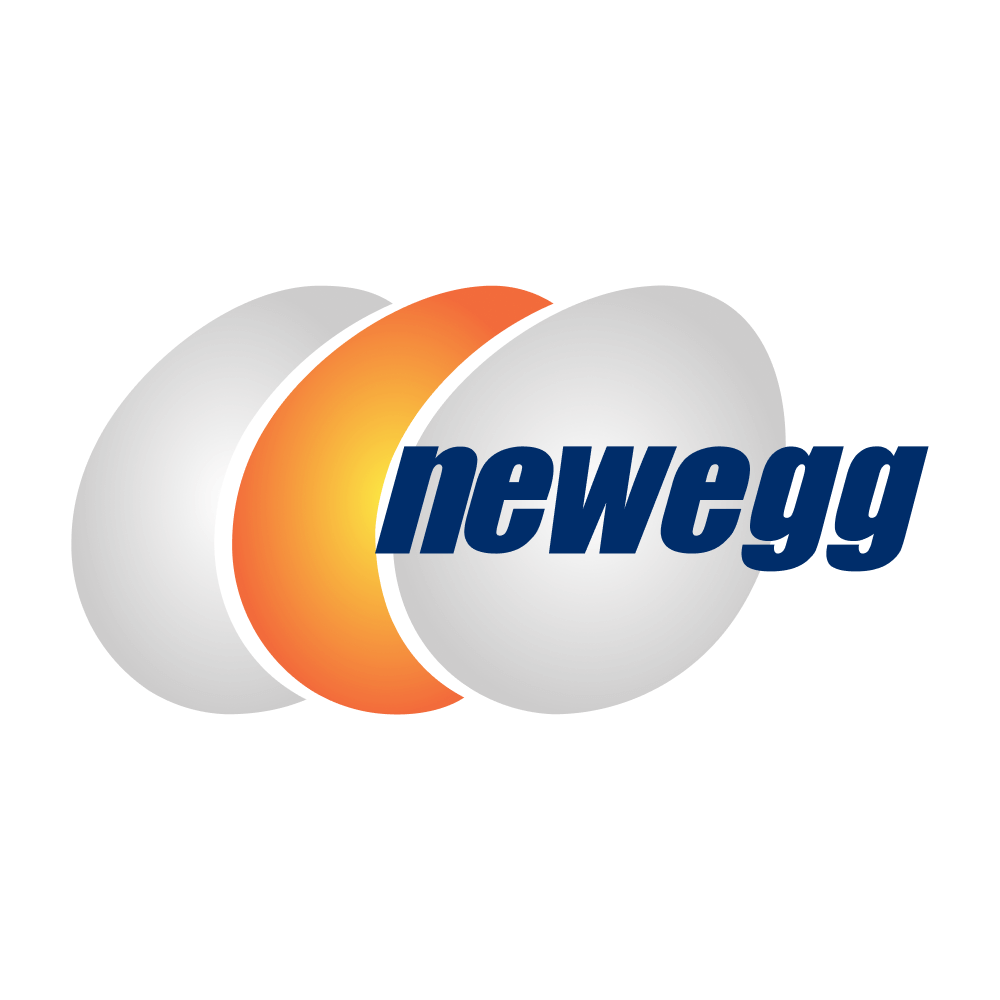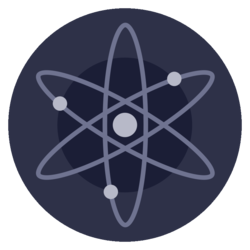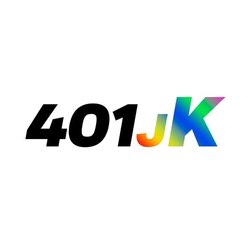Advertisement|Remove ads.
Tesla’s Big Asia Play — China’s Model Y Boom And Korea’s FSD Supervised Rollout Signal Strong Regional Comeback

- Tesla’s new long-range Model Y in China drew heavy demand, with orders equal to three weeks of Shanghai factory capacity on launch day.
- In South Korea, the company is set to debut FSD Supervised while facing government pressure over battery failures affecting about 4,500 vehicles.
- Regulators have warned Tesla could lose EV subsidies worth up to 5.8 million won per car if it fails to resolve the issue.
Tesla’s renewed push across Asia is gaining traction, with strong early demand for its new long-range Model Y in China and an upcoming FSD Supervised rollout in South Korea, even as the company faces mounting pressure over widespread battery failures that threaten its subsidy eligibility.
Model Y Draws Fresh Momentum In China
Tesla’s new five-seat long-range Model Y has sparked a surge of buying interest in China, marking one of its strongest launches this year. Orders for the 821-kilometer CLTC-range variant reached roughly three weeks of production capacity at Tesla’s Shanghai Gigafactory on launch day, according to a report by CnEVPost.
In Beijing, about 400 units were sold last Saturday alone, with sales staff saying nearly half of store visitors came specifically to inquire about the new model, despite no test-drive or display cars being available.
Priced from 288,500 yuan ($40,520), the version is equipped with a 78.4 kWh battery from LG Energy Solution, also found in the Model 3 long-range version. Delivery time was initially two to four weeks at launch, but stretched to six weeks as of the weekend, indicating strong preorders.
The launch comes at a critical time for Tesla, whose retail sales in China fell sharply to 26,006 units in October, marking the lowest level since November 2022. The decline caused Tesla’s share of China’s new energy vehicle market to drop to 2.03%, slipping out of the top 10 for the first time in over two years.
FSD Supervised Expansion In South Korea Amid Battery Backlash
Tesla is getting ready to launch its FSD Supervised driver-assistance system in South Korea, bringing its AI-powered technology to one of its most important Asian markets. However, the rollout comes at a tense moment for the company, which is under mounting pressure from both regulators and frustrated owners over widespread battery failures affecting nearly 4,500 cars, mostly 2021 Model 3 and Model Y vehicles, according to a report by Electrek.
The problem stems from a battery management system error that caps the maximum charge at 50%, cutting driving range in half. Some owners say the issue has persisted even after battery replacements, claiming Tesla used refurbished packs instead of new ones. While early cases were fixed under warranty, many owners are now facing repair bills of more than 30 million won ($22,000) once coverage expires.
Government Threatens Subsidy Suspension
South Korea’s Citizens United for Consumer Sovereignty has demanded a full recall and government investigation, calling the issue a major defect. The Ministry of Environment has warned Tesla Korea that failure to resolve the issue could result in suspension of EV subsidies, which can reach 5.8 million won ($3,950) per vehicle.
A ministry official reportedly said that the agency has “requested a clear response” from Tesla Korea but has yet to receive one, adding, “We cannot justify providing public funds for vehicles that disadvantage consumers.”
Stocktwits Users ‘Extremely Bullish’ Mood
On Stocktwits, retail sentiment for Tesla was ‘extremely bullish’ amid ‘high’ message volume.

Tesla’s stock has risen 9% so far in 2025.
For updates and corrections, email newsroom[at]stocktwits[dot]com.












/filters:format(webp)https://news.stocktwits-cdn.com/large_altcoins_5a22b361ff.webp)
/filters:format(webp)https://news.stocktwits-cdn.com/Anushka_Basu_make_me_smile_in_the_picture_b92832aa_af59_4141_aacc_4180d2241ba8_1_2_png_1086e0ed8c.webp)
/filters:format(webp)https://news.stocktwits-cdn.com/large_Tether_2376a55503.webp)
/filters:format(webp)https://news.stocktwits-cdn.com/large_robert_kiyosaki_d28a01cb4b.webp)
/filters:format(webp)https://news.stocktwits-cdn.com/large_Bitcoin_and_Ethereum_2b4356b70a.webp)
/filters:format(webp)https://news.stocktwits-cdn.com/large_Getty_Images_976546456_jpg_42ddd4a81d.webp)
/filters:format(webp)https://news.stocktwits-cdn.com/large_Getty_Images_2259655311_jpg_20124bbeb9.webp)